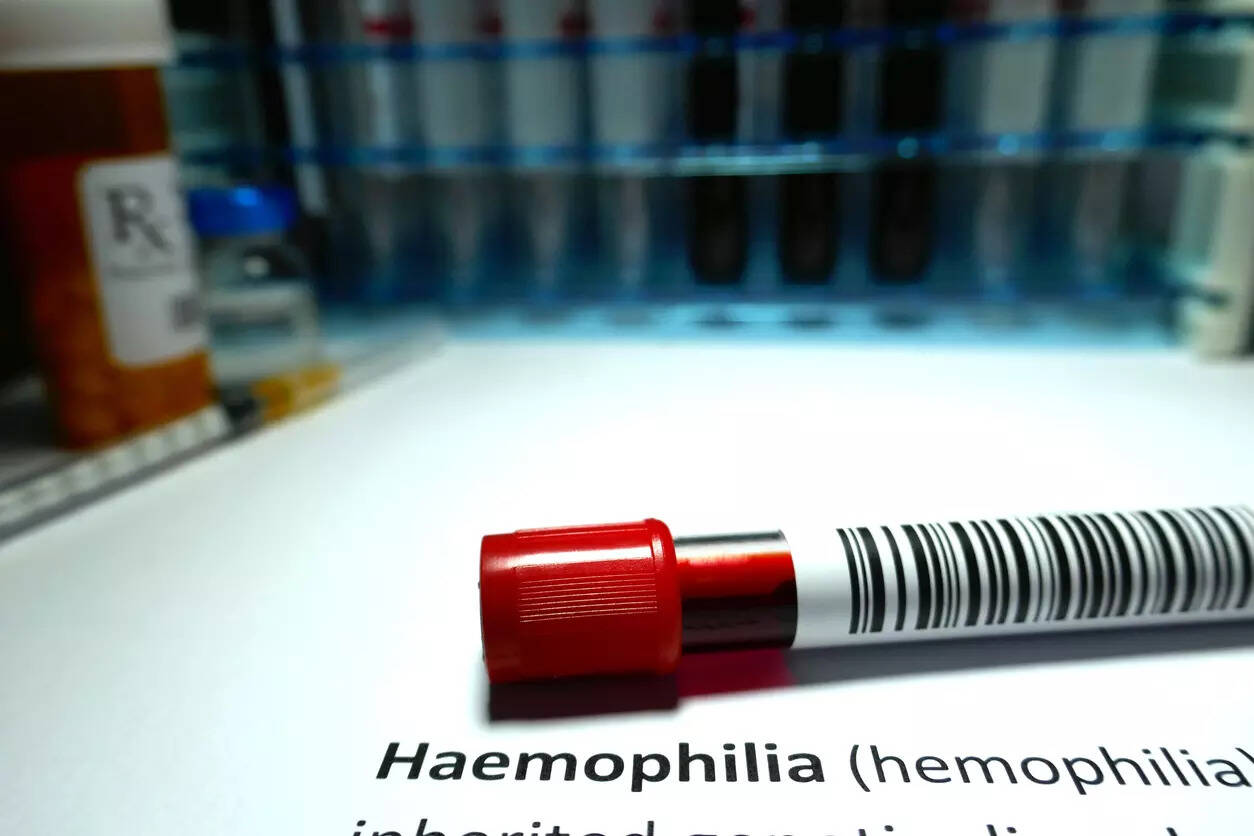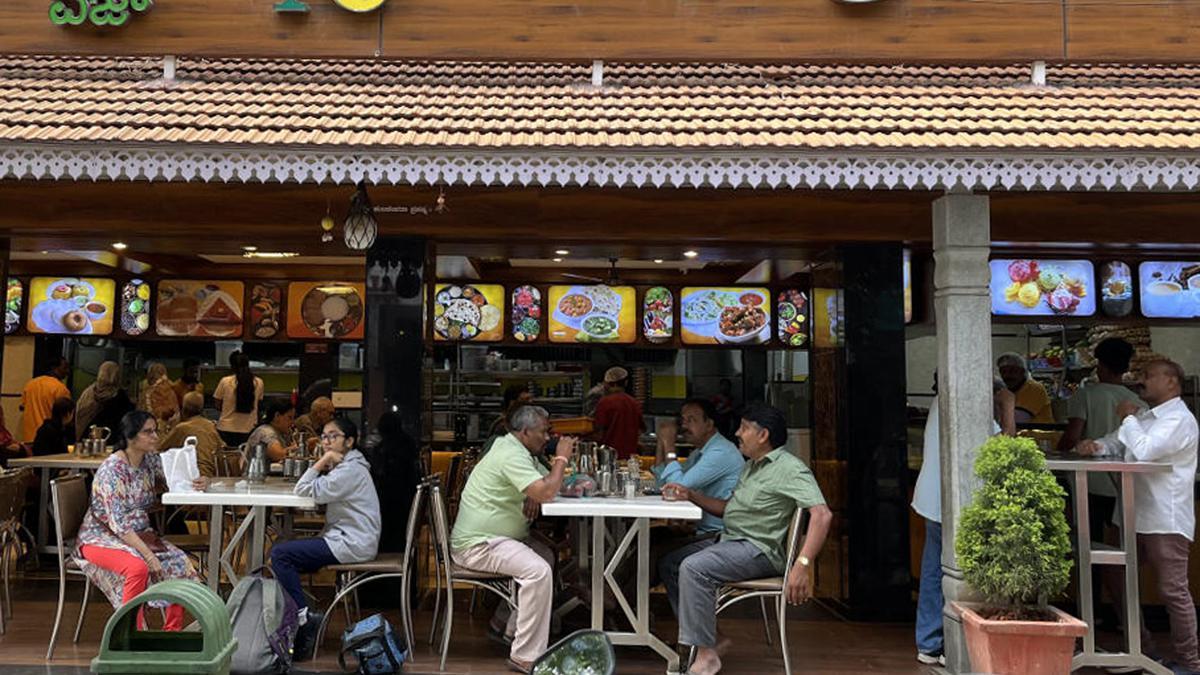
A person’s underlying DNA as well as the specific genetic mutations in tumors determine how cancer forms and evolves and should be considered when personalizing treatment, research suggests.
The findings, in the journal Cell, suggest that genes present at birth, inherited across generations in the form of germline genetic variants, are vital in shaping the protein landscape of tumors across many types of cancer.
The study revealed the impact of germline variants on individual cancer proteomes using a high throughput process known as precision peptidomics, which involves the quantification of peptides carrying genetic variants.
The findings have important implications for how cancer is diagnosed and treated, opening it up to more personalized care.
“Every person carries a unique combination of genetic variants from birth, and these inherited differences quietly shape how our cells function throughout life,” explained co-corresponding study author Zeynep H. Gümüş, PhD, from the Icahn School of Medicine at Mount Sinai.
“What we’ve shown is that these variants don’t just sit in the background—they can play an active role in how tumors form, how they evolve, and even how they respond to treatment. This opens new possibilities for tailoring cancer care based not only on the tumor itself, but also on the patient’s underlying genetic makeup.”
Fellow Icahn researcher Myvizhi Esai Selvan, PhD, added: “This is a major step toward precision medicine that considers the whole individual—not just the cancer.
“The inherited genome sets the stage for how cancer evolves, influencing everything from the emergence of driver mutations to immune system engagement.”
Most studies into cancer genomics have focused on the role of somatic mutations, which are changes that occur within a cell during its lifetime. However, the number of germline variants greatly exceed that of somatic mutations in cancer cells and their impact in this scenario is poorly understood.
The researchers integrated proteomic and transcriptomic data to determine the effect of germline variants on the proteomes of cancer patients in a study that included 1064 individuals and 10 cancer types.
Using precision peptidomics, they mapped 337,469 coding germline variants onto peptides from mass spectrometry data. Through this, they found that germline variants could impact post-translational modification and protein stability and have allele-specific effects.
Precision proteogenomics identified genes and proteins under germline genetic control in the cancer patients. Polygenic risk scores revealed the cumulative impact of common germline variants on cancer proteomes.
“In conclusion, the germline genome is the fundamental arena where the drama of cancer unfolds and is depicted,” the researchers reported.
“Amid mutational chaos, the germline plays a critical role that can enable or constrain the evolution of cancer, dictating the odds of many clinically relevant phenomena: from cancer driver mutations to immune responses against cancer cells.
“A deeper understanding, afforded by proteomics, illuminates this complexity, unveiling altered protein function as pivotal in carcinogenesis.”








![Best Weight Loss Supplements [2022-23] New Reports!](https://technologytangle.com/wp-content/uploads/2022/12/p1-1170962-1670840878.png)




